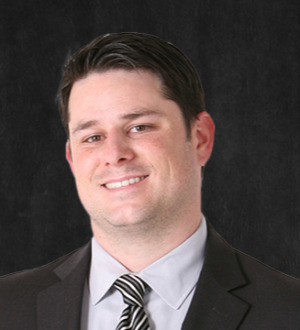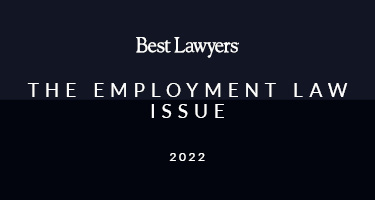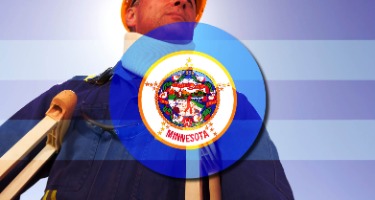After three straight tries, Colorado lawmakers finally stepped up for first responders in 2017 by allowing them to claim mental impairment under the state’s workers’ compensation law in the wake of a “psychologically traumatic event.”
On June 5, 2017, Governor John Hickenlooper signed House Bill 1229into law, which will allow first responders to seek claims if a worker suffered post-traumatic stress disorder after a traumatic event, as diagnosed by a licensed mental health professional.
Until now, Colorado law was interpreted to prohibit first responders from applying for workers’ comp benefits for PTSD suffered in the line of duty. Previously, Colorado statute explicitly declared that for an employee to qualify for a mental stress claim, the triggering event had to take place “outside of a worker’s usual experience.” Simply put, this legislation shifts the focus from the employee’s occupation to the actual catastrophic exposure.
I feel fortunate that I was able to play a role in the passage of the bill. This involved testifying multiple times in front of legislative committees alongside first responder clients suffering from work-related PTSD.
This PTSD legislation was so important because, based on the interpretation of the previous statute, a first responder was essentially precluded from filing a claim for PTSD no matter the triggering event or exposure. This denied first responders the ability to seek treatment and benefits under workers’ compensation even when the PTSD was clearly caused by a work-related exposure. The change of law now allows first responders access to workers’ compensation benefits for PTSD.
The new law should bring relief to first responders who sacrifice so much for the safety of the public. These men and women are exposed daily to horrific situations, which understandably results in PTSD. Previously first responders were being blocked from ascertaining much-needed treatment through the workers’ compensation system. Now first responders have the outlet they need to receive treatment for their work-related PTSD.
Despite this victory in the battle for first responders, the war hasn’t been won. Colorado is still stuck in a workers’ compensation system that doesn’t do enough to help employees. The workers’ compensation system has become increasingly adversarial. The system is designed to provide quick benefits to injured workers. However, continued denial of medical treatment that’s recommended by treating doctors has led to delays in recovery that ultimately negatively impacts workers and employers.
----------------------------
Nick D. Fogel, a shareholder at Burg Simpson, is also head of the firm’s workers’ compensation practice group. Nick’s practice is devoted to helping those who have been injured while working on the job and in the line of duty. Nick works regularly with various local and state unions to ensure members’ rights are protected. Learn more at www.burgsimpson.com/attorney/nick-fogel/.

































